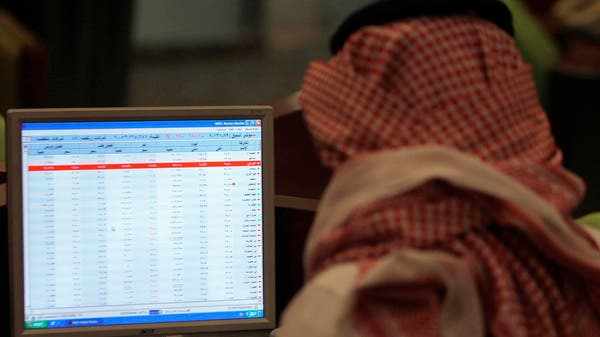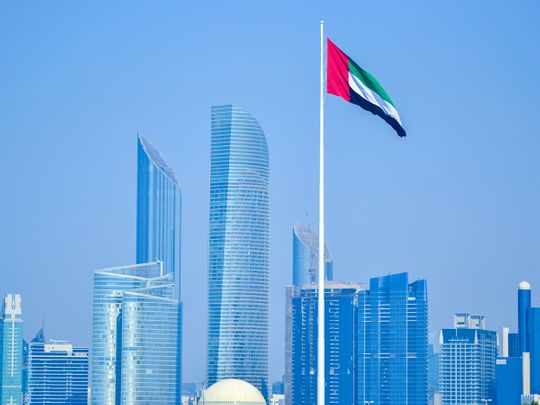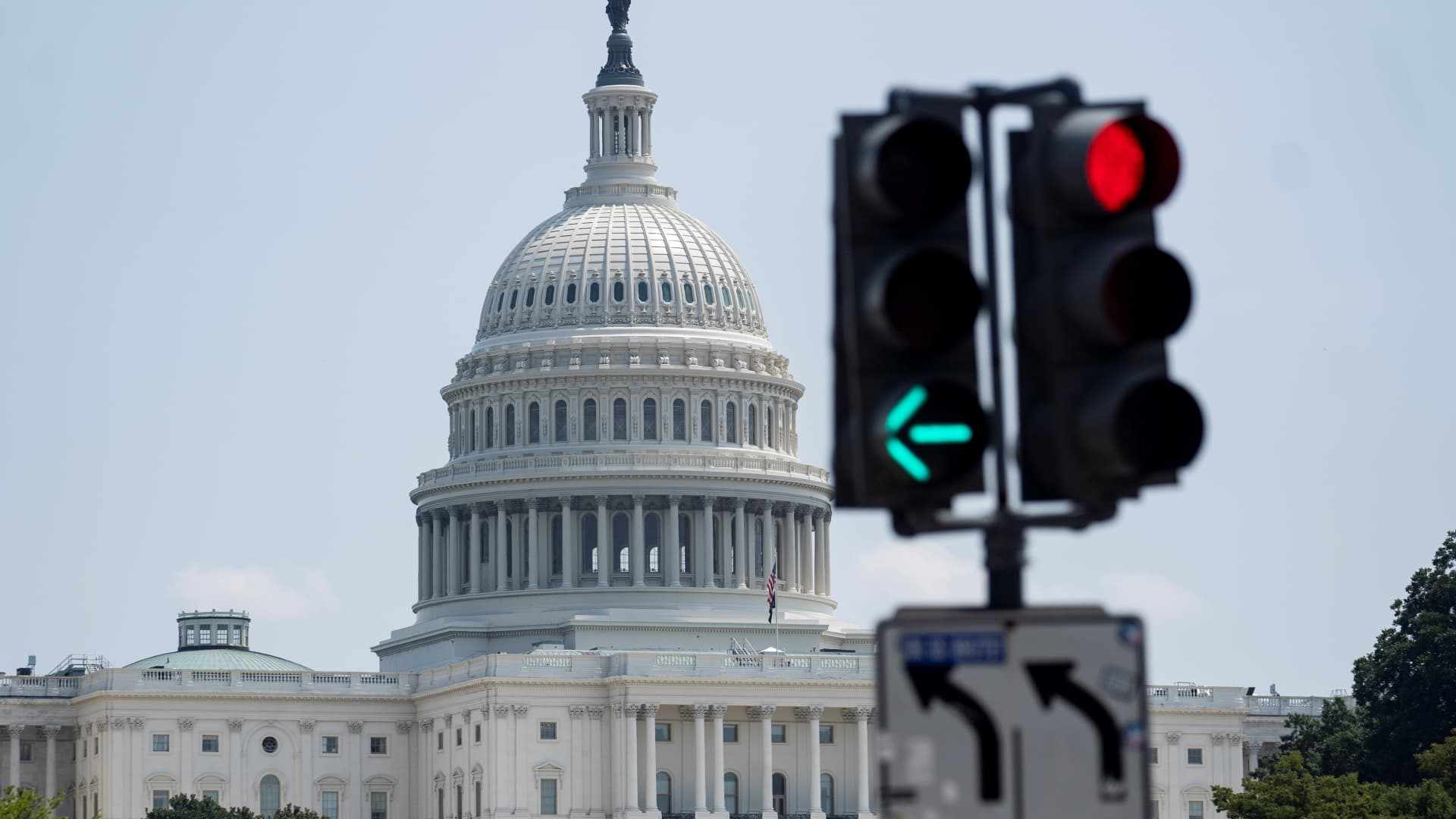VAT: How does it affect GCC countries, their residents and finances
VAT: How does it affect GCC countries, their residents and finances
Dubai: In an effort to further diversify their economies away from oil, GCC nations have been rampantly prioritising the introduction of VAT, especially in the current pandemic backdrop. However, how this differently impacts each country and their respective residents is worth understanding. Increasing tax take (the total amount of money that a government collects in tax) has turned important for countries with lower fiscal reserves, including Oman and Bahrain, and to some extent Saudi Arabia, analysis from consultant PricewaterhouseCoopers' (PwC) 'Middle East Economy Watch', revealed. Value-Added Tax (VAT) is the tax levied at every point of sale from manufacturer till it is sold to an end consumer. Ultimately, the entire tax is paid by the consumer. VAT has been the main way that Gulf governments have introduced taxation in their respective countries. Currently it exists in three Gulf countries - Saudi Arabia (KSA), the UAE, and Bahrain - and tax excise duties are applied everywhere except Kuwait and Qatar. However, the GCC is still a very low-tax environment by international standards, analysts at PwC noted. Excise duty refers to the taxes levied on the manufacture of goods within the country, as opposed to customs duty that is levied on goods























